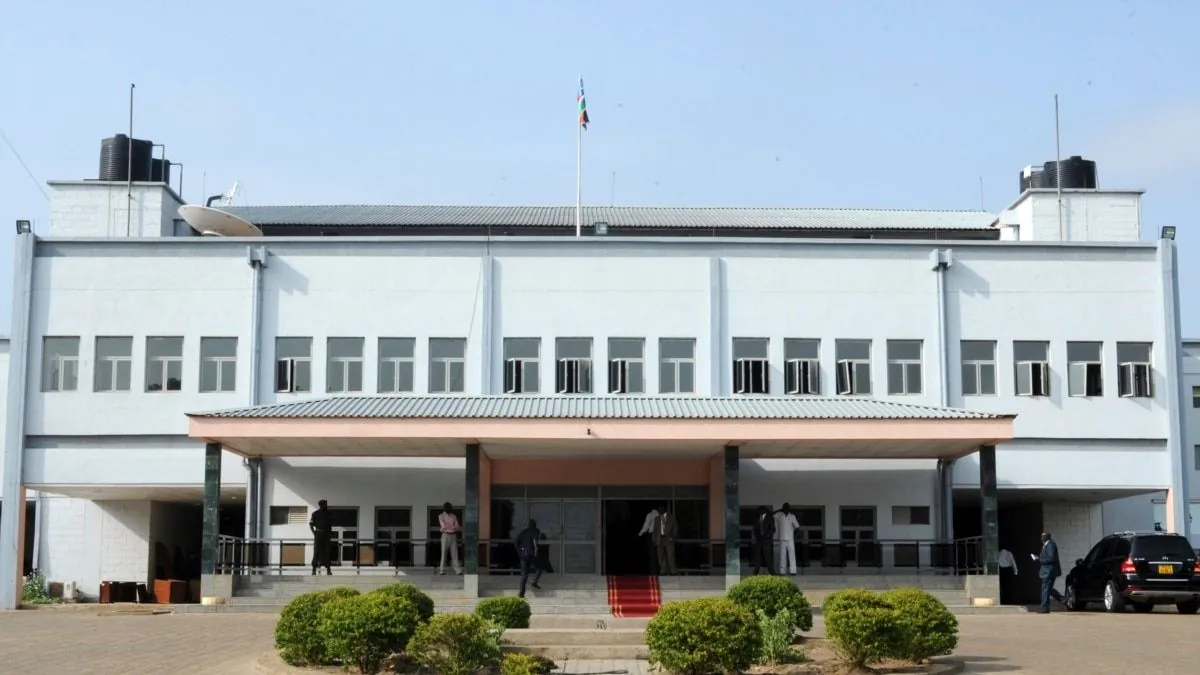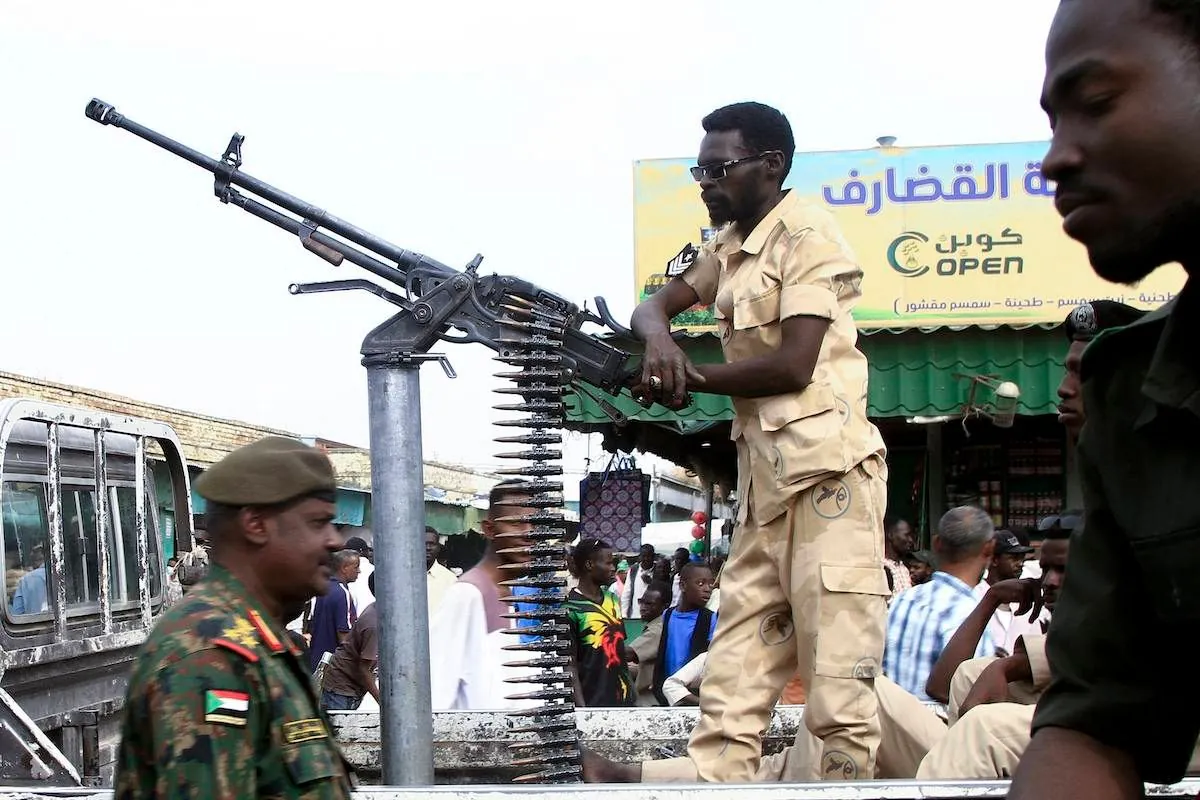South Sudan's Controversial Security Law Takes Effect Without Presidential Signature
South Sudan's new security law, allowing warrantless arrests, has automatically become effective despite lacking presidential approval. The legislation faces criticism from human rights advocates and international observers.

In a significant development for South Sudan, a contentious security law has come into force without the signature of President Salva Kiir. This legislation, which permits arrests without warrants, has sparked concern among human rights advocates and international observers.
Parliamentary spokesperson Oliver Mori confirmed that the bill automatically became law on August 11, 2024, following a 30-day period after its presentation to President Kiir on July 12. The president neither signed nor vetoed the legislation within this timeframe.
The new law has drawn criticism from various quarters, including human rights activists and foreign diplomats. Nine Western envoys, representing countries such as the United States and Britain, expressed their concerns in July, emphasizing the importance of South Sudanese citizens' right to participate freely in political and civic expression without fear of arbitrary arrest or intimidation.

This legislative development comes at a crucial time for South Sudan, as the nation prepares for its first election under the transitional government on December 22, 2024. The transitional government was established following a peace agreement in 2018, which ended a five-year civil war that resulted in nearly 400,000 fatalities.
Yasmin Sooka, chair of the U.N. Commission on Human Rights in South Sudan, warned that the new law could lead to increased arbitrary detentions and enforced disappearances. She urged the president and parliament to review the law, stating that its enactment contradicts South Sudan's commitments to both its citizens and the international community.
"This bill poses a direct threat to the nation, and therefore nobody is safe in this country because of its nature."
The implementation of this law has become a point of contention in discussions between the government and opposition groups not included in the 2018 peace agreement. It also raises concerns about the country's commitment to democratic processes and human rights as it approaches its upcoming election.
South Sudan, the world's newest country, has faced numerous challenges since gaining independence in 2011. With over 60 indigenous ethnic groups and a predominantly young population, the nation grapples with issues such as low literacy rates, food insecurity, and limited access to clean water. Despite its rich oil reserves and diverse wildlife, including the second-largest animal migration globally, the country continues to struggle with economic development and corruption.
As South Sudan navigates this complex political landscape, the international community watches closely, hoping for a peaceful and democratic path forward for this young nation.


































